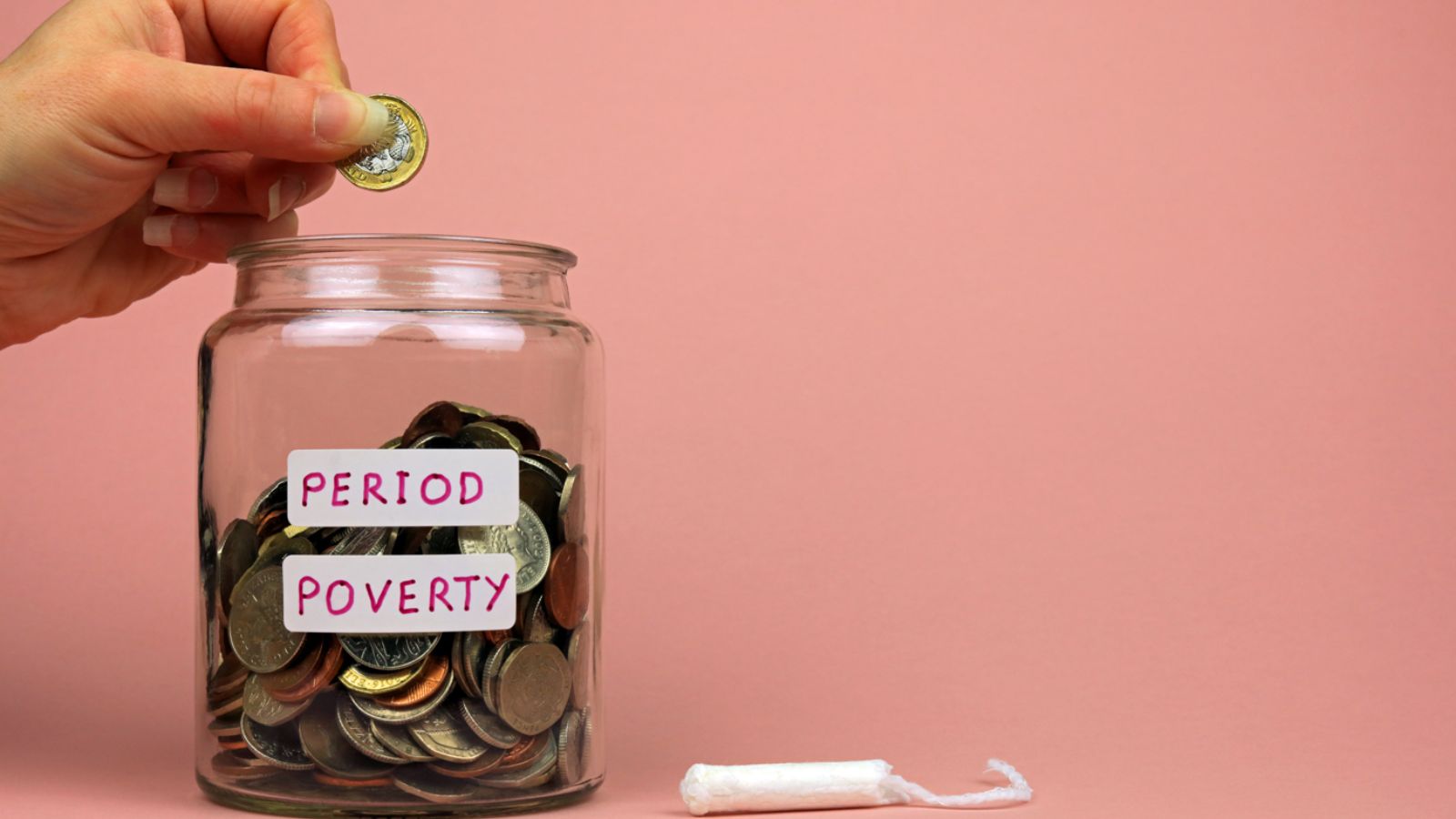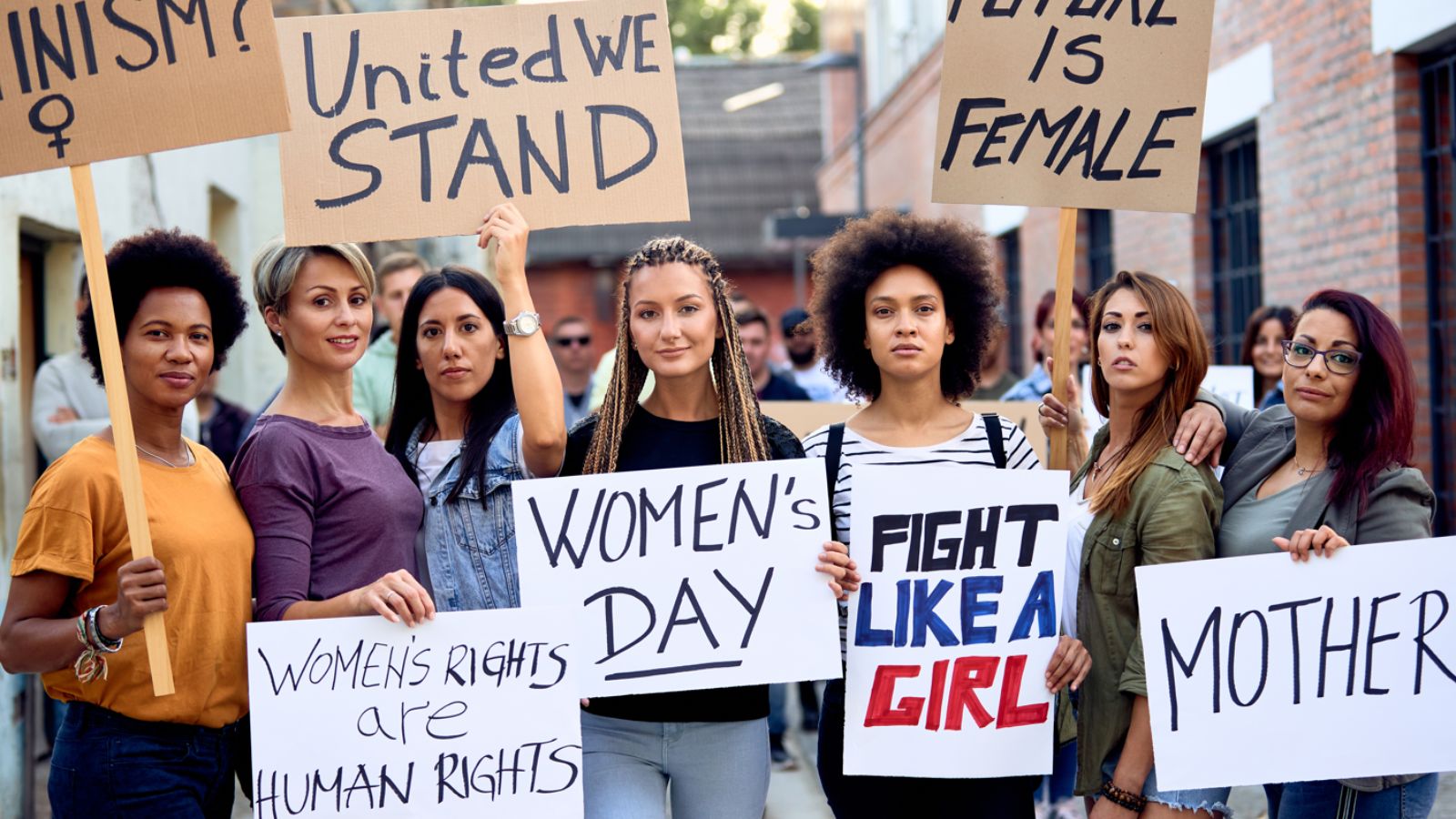Nadya Okamoto, the CEO of August – a tampon brand, has come under scrutiny for her language choice in an interview centered around the stigma of menstruation.
A Positive Outlook on Periods

During her conversation with Gayle King on CBS Mornings, Okamoto emphasized her dedication to establishing a brand that fosters a positive outlook on periods while embracing all genders. She stressed that this was particularly important in a time marked by heightened transphobia.
Cisgender Women Expressed Discomfort

As snippets of the interview spread across the internet, a heated debate unfolded on social media and cisgender women expressed their discontent at being labeled as “menstruators.” The language debate ignited passionate discussions about inclusiveness and identity.
People With Periods

Supporters of alternative phrases such as “menstruators” and “people with periods” argued that these terms champion inclusivity and showcase solidarity with trans men and non-binary individuals who also undergo menstruation. After all, transgender women are women – so if inclusive language were only for them, “women” would remain adequate.
Erasing Cisgender Women

However, transphobic critics maintained that such verbiage overlooks the life experiences of cisgender women, who have long endured systematic bias and fought for acknowledgment and equal rights. These individuals argued that including transgender men and non-binary in discussions about menstruation erases cisgender women from the picture.
Eliminating Period Poverty

Okamoto is deeply committed to eliminating period poverty and heightening awareness about the stigma associated with menstruation. Her journey commenced at the age of 16 when she witnessed the widespread impacts of period stigma on homeless individuals in Portland. In addressing the societal embarrassment linked with menstruation, she hopes to make open dialogues about periods the norm.
The Battle for Women’s Rights

Some individuals – primarily conservative cisgender women – didn’t care about Okamoto’s efforts to end stigma and, instead, voiced frustration at being categorized as “menstruators.” Such women claimed that it downplayed their distinct experiences and expressed concern that replacing the term “women” with more gender-neutral language might undermine the historical and ongoing battle for cisgender women’s rights.
Nobody Is Targeting Cis Women

Regardless, opinions across the internet varied greatly. One person wrote: “Cis women need to realize this isn’t about them. Nobody is targeting you or taking away your rights. It’s actually natural to feel oppressed once the people you’ve been oppressing start fighting back. You can see it in White people talking about reverse racism, Christians claiming anti-Christian discrimination is a big problem, and cis men claiming reverse sexism is as big of an issue as misogyny. Including trans people in discussions doesn’t exclude you though. Also, not all cis women have periods so language like this also accommodates them by not assuming all women menstruate.”
Choose Better Terms

Some people liked the idea of inclusive language but disliked the words that have been chosen. One such individual wrote: “I have nothing against trans-inclusive language but I wish we would pick better words for it. I hate being classified as a ‘birthing person’ or ‘menstruator.’ Can we just make a few more words to put in the dictionary?”
Others Shared Similar Views

Echoing the aforementioned commenter, another wrote: “This kind of inclusive language needs to exist but we also need to make sure it isn’t dehumanizing. People with periods are so much more than ‘menstruators.’ That’s why I think “people with periods” is so much better. I don’t see why “birthing person” would ever be used to describe a cis woman. That’s a term that’ll be exclusively used in hospitals so it’ll only be used for the people it’s relevant to. Gender-neutral language is only necessary when addressing an unknown group. So, if you’re a cis woman, you will almost always still just be referred to as a woman.”
Trans People Need to Be Acknowledged in Language

The aforementioned opinion seemed to be the prevailing one in transgender, left-wing, and academic online communities. Another individual wrote: “I think the move toward inclusive language is necessary. Trans men and women can never fully be acknowledged until they are acknowledged in language. I’m 100% on board and increasingly monitor my own language to support inclusion. However, I don’t love descriptors that are centered only around genitalia [like] “uterus-bearer.” I don’t think I’m alone in this. I think “birthing person” and “pregnant person” are examples of language that is inclusive and centers the person, therefore not abandoning their humanity.”
Inclusive Language in an Educational Setting

Some online commenters felt gender-neutral language wasn’t necessary. One wrote: “I think people can just talk about menstruation without even needing to specify who. You can just talk about the bodily function without saying it’s owned by anyone. If it’s an educational setting, you can still just explain the biology [by saying], ‘This is female biology and puberty. This is male biology and puberty. Intersex people might have variations of these. Trans people transition across.’ Then you can still talk about periods without needing to specify everything because people know what you mean, especially if you’ve adequately taught them the previous points because then they understand that trans and intersex people exist.”
Forcing Inclusive Language

Some commenters felt inclusive language is forced. One person wrote: “Thing is, it’s easy to talk or write about [menstruation] without putting so much emphasis on who is having the periods. You don’t have to start every single sentence with “period havers” or “people with vaginas.” I don’t hate when more [gender-neutral] language is used. However, it feels very forced when this type of inclusive language gets used.”
“Men Can’t Give Birth”: Transgender Man Proves Transphobes Wrong and Gives Birth to Daughter

Upon discovering his partner couldn’t have children, Caleb – a transgender man from the UK – paused his transition to become pregnant.
“Men Can’t Give Birth”: Transgender Man Proves Transphobes Wrong and Gives Birth to Daughter
“This Lake is For Residents Only” Company Sacks Worker After She Questions Black Fisherman in Viral TikTok

Tanya, who was formerly an independent contractor, found herself in hot water when she appeared in a TikTok video that quickly gained widespread attention. Her actions in this viral video led to a shocking conclusion – the loss of her job.
“If He Thinks He’ll Be Able to Talk to You, He’s Way More Likely to Leave You Alone”: Woman Obtains Fake Phone Number to Trick Men

A woman on TikTok has shared a trick she uses to fool men into thinking they have her number.
“It’s Like the World Thinks Dads Are Children”: Mom Slams Hypocrisy as Husband’s Parenting Wins Praise for Taking Kids Out of the House

Emily Belson, a mother from Maryland, recently posted a TikTok criticizing the double standards when it comes to parenting.
